In today’s fast-paced world, staying mentally sharp may be a challenge. Between juggling work, personal responsibilities, and digital distractions, our cognitive load is constantly taxed. One simple, natural way to support our brain’s performance is through power naps—short periods of sleep that may revitalize our minds and enhance overall cognitive health.
The Science Behind Power Naps

Power naps, typically lasting 10 to 30 minutes, are mostly short enough to avoid sleep inertia—the groggy feeling that often follows longer naps—yet long enough to offer notable benefits. Research has shown that power naps may help with memory, attention, and learning capacity (Lovato & Lack, 2010) [1]. These brief rest periods allow our brains to process information, consolidate memories, and reset for improved performance.
Cognitive Benefits of Power Napping

-
Improved Memory Retention
Short naps help support information learned earlier by helping the brain’s memory consolidation process.
-
Enhanced Alertness and Reaction Time
A quick nap may significantly improve focus and response speed, especially in the afternoon when energy levels naturally dip. -
Boost in Creativity and Problem Solving
By giving the brain a chance to relax and recharge, naps may spark innovative thinking and support more flexible problem-solving approaches. -
Reduced Stress and Better Mood
Power naps are also linked to reduced cortisol levels, leading to a calmer mood and lower stress levels—factors that further support cognitive function.
Supplementing Brain Wellness

While power naps are an excellent natural aid for mental revitalization, pairing them with brain-supporting nutrients may also be another option you want to explore.Nature’s Branch Brain Booster+ is designed with a curated blend of 40 ingredients—each chosen to support memory, focus, and cognition.*
Although no supplement may replace rest or a healthy lifestyle, Brain Booster+ may be a thoughtful addition to a wellness routine, particularly when combined with sleep hygiene practices like power napping.
If you're looking to support your brain health naturally and effectively, consider giving this supplement a try today as part of your holistic approach!
References
-
Lovato, N., & Lack, L. (2010). The effects of napping on cognitive functioning.Progress in Brain Research,185, 155–166. https://doi.org/10.1016/B978-0-444-53702-7.00009-9
-
Milner, C. E., & Cote, K. A. (2009). Benefits of napping in healthy adults: Impact of nap length, time of day, age, and experience with napping.Journal of Sleep Research,18(2), 272–281. https://doi.org/10.1111/j.1365-2869.2008.00718.x
-
Mednick, S., Nakayama, K., & Stickgold, R. (2003). Sleep-dependent learning: A nap is as good as a night.Nature Neuroscience,6(7), 697–698. https://doi.org/10.1038/nn1078


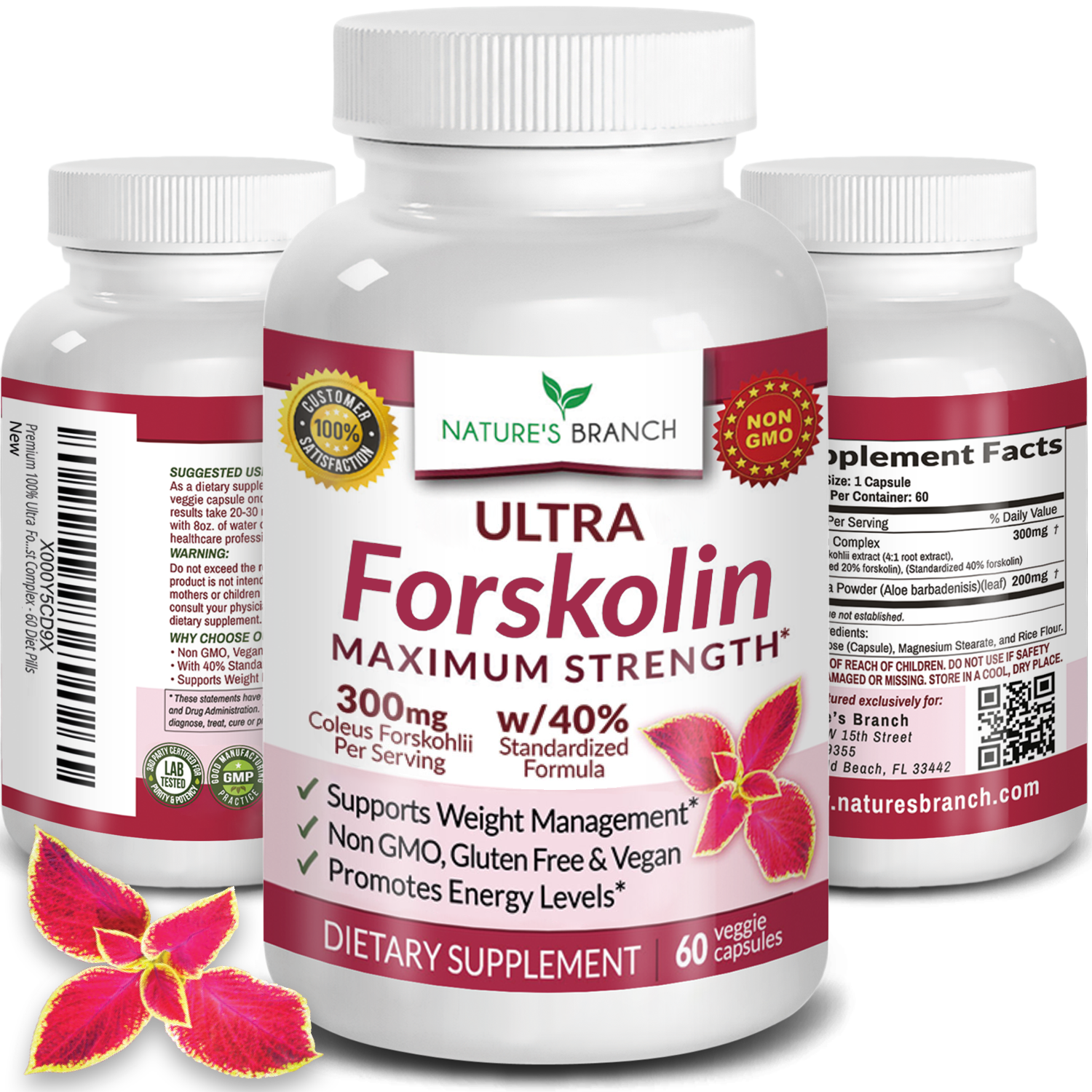
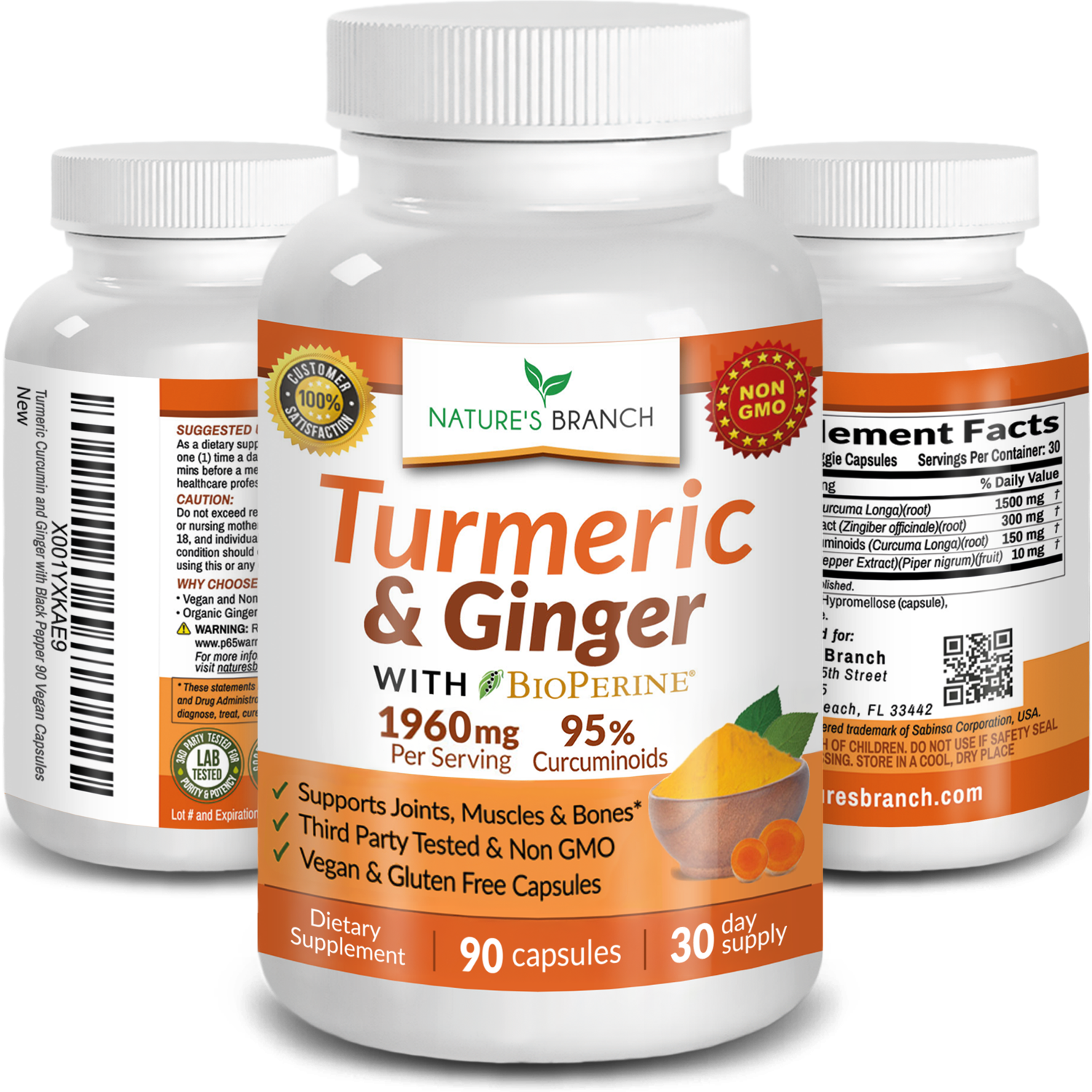
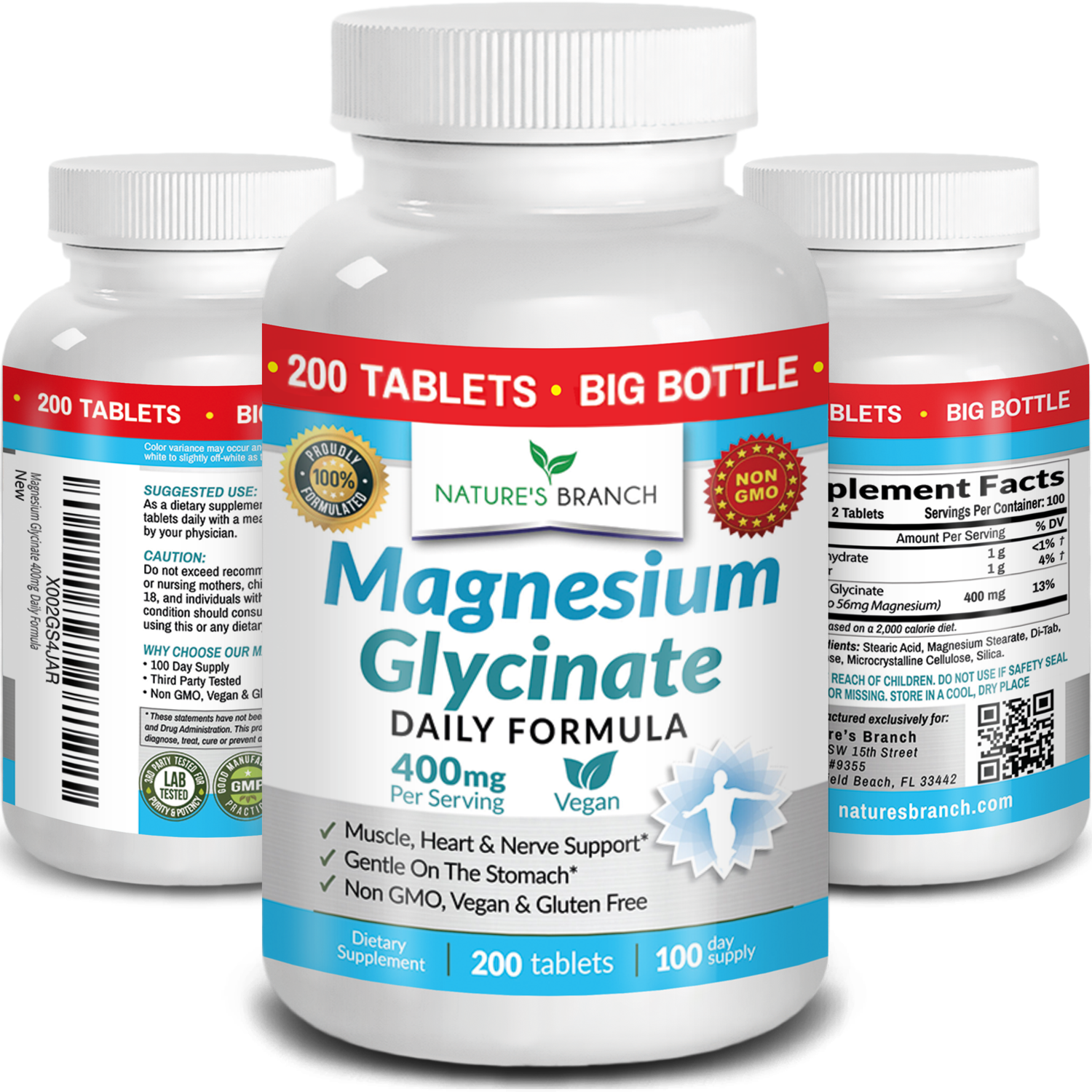
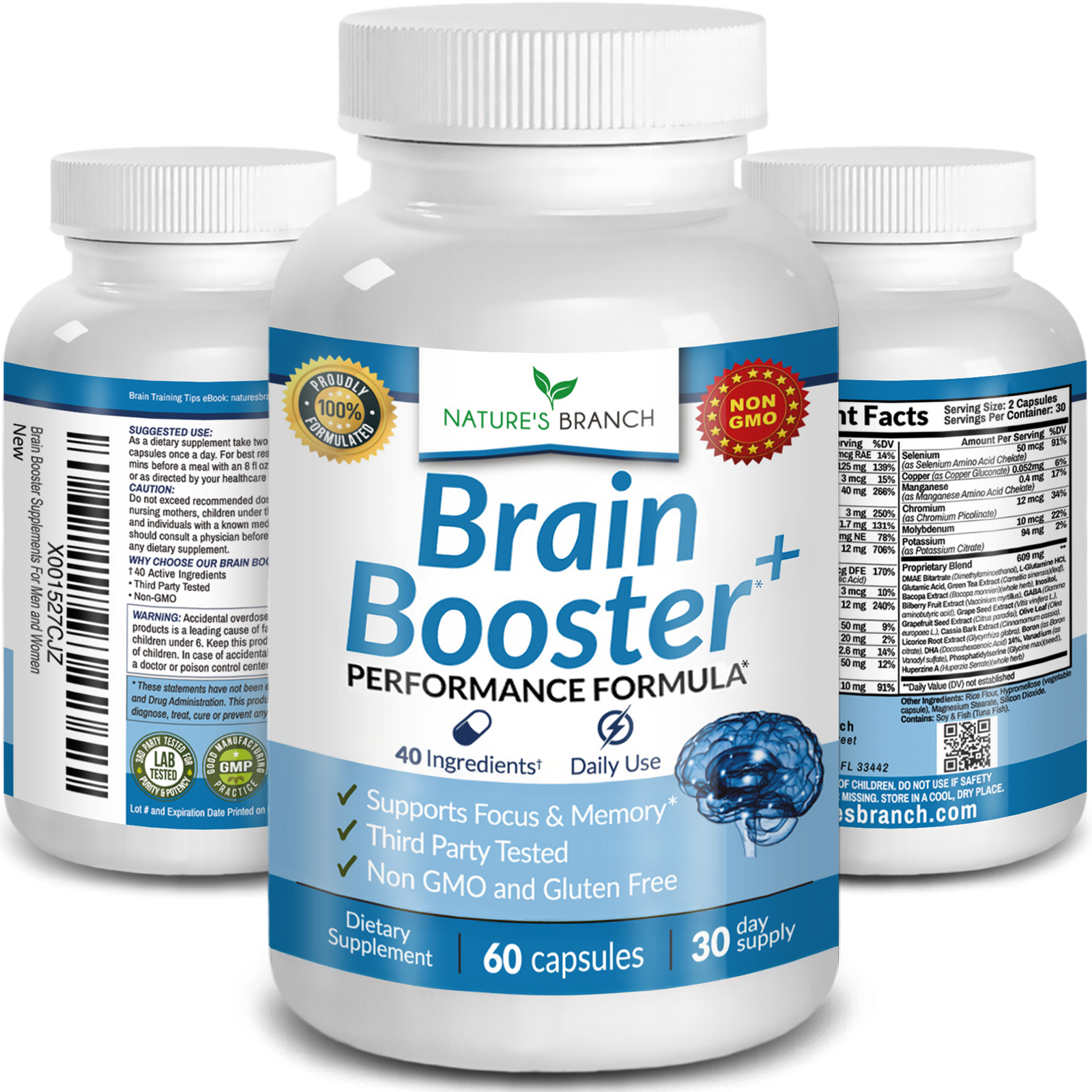




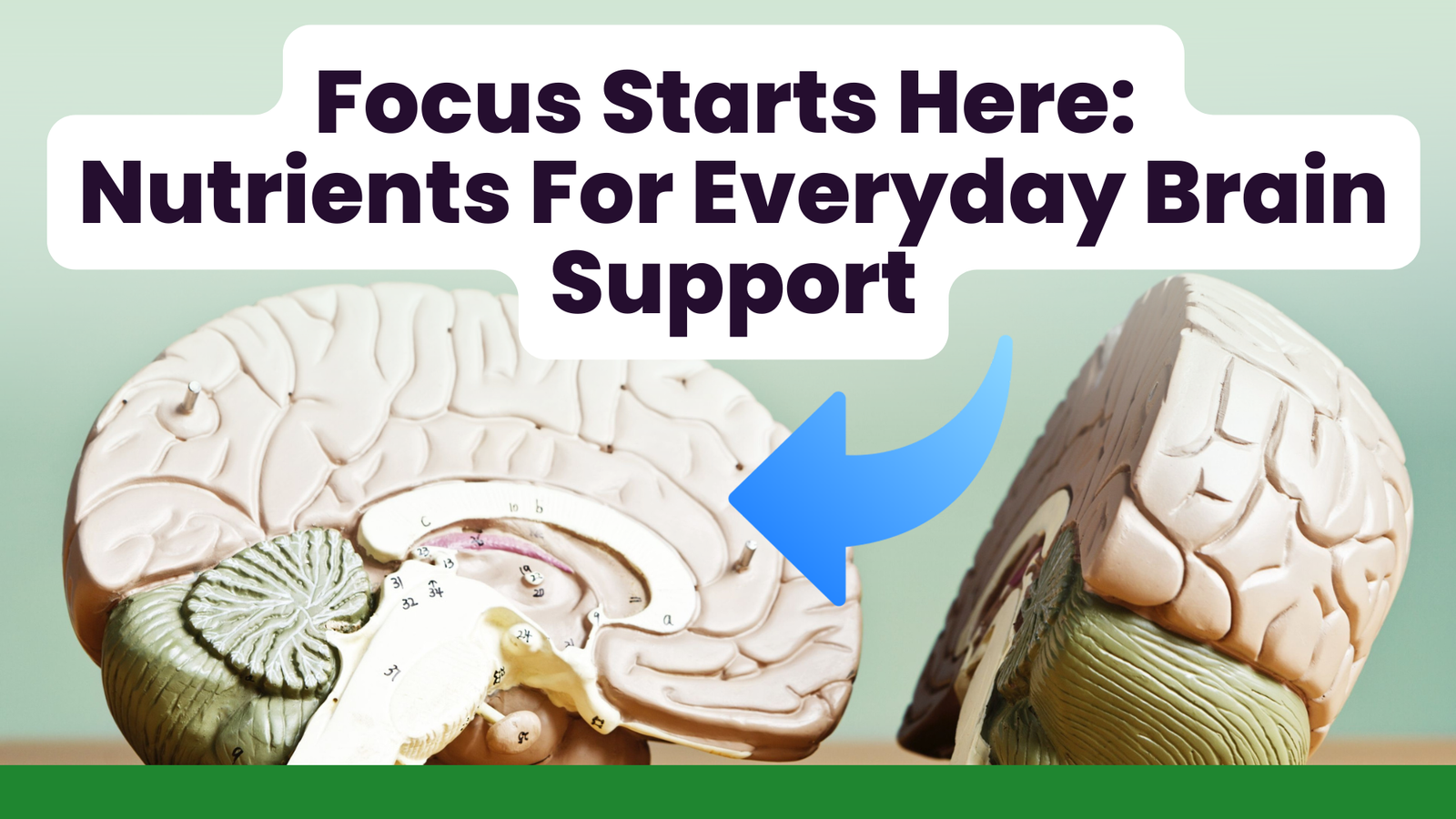
Leave a comment (all fields required)